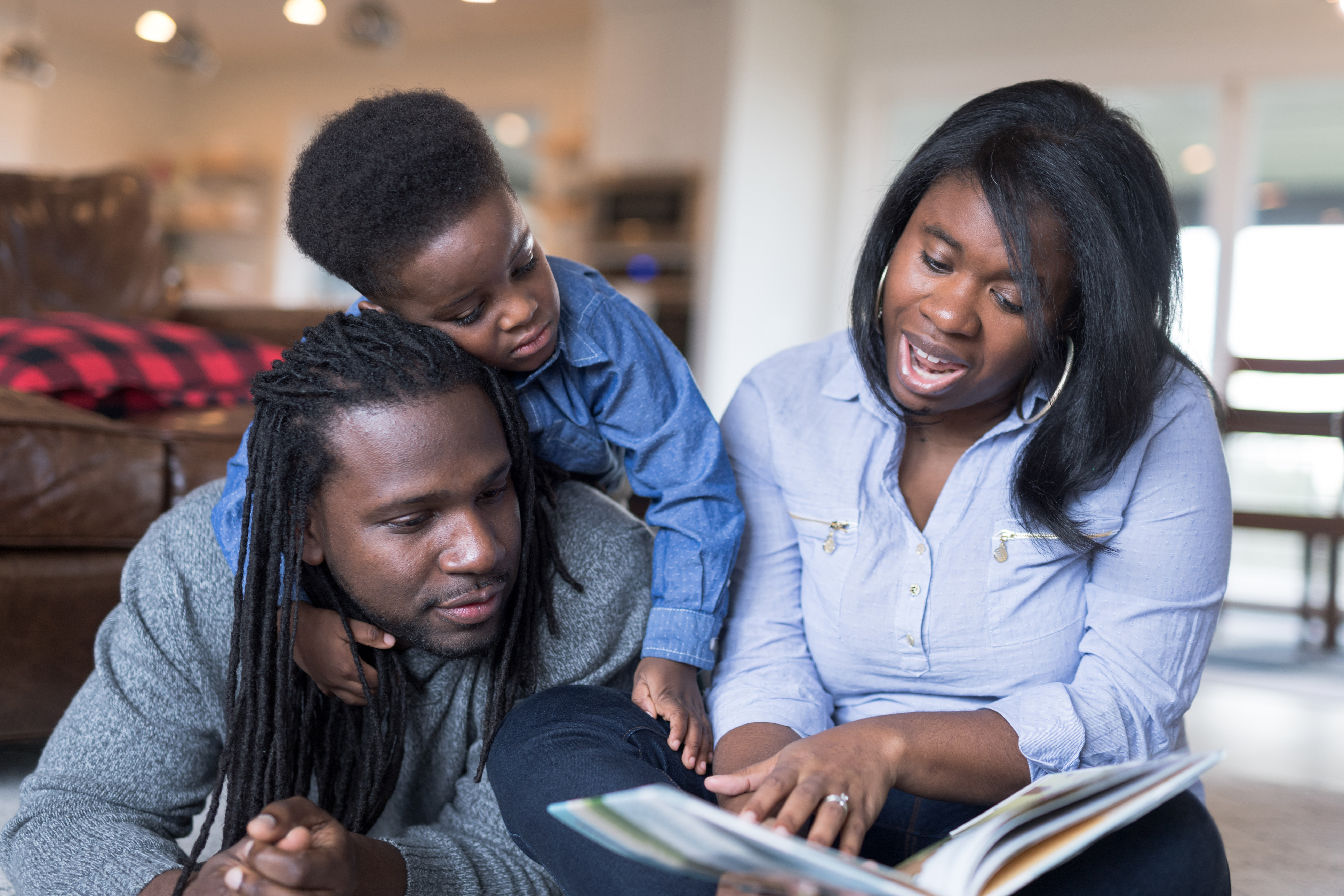Janie Payne
Vice President of People and Culture
Janie Payne is the Vice President of People and Culture for the Council for Professional Recognition. Janie is responsible for envisioning, developing, and executing initiatives that strategically manage talent and culture to align people strategies with the overarching business vision of the Council. Janie is responsible for driving organizational excellence through strategic talent practices, orchestrating workforce planning, talent acquisition, performance management as well as a myriad of other Human Resources Programs. She is accountable for driving effectiveness by shaping organizational structure for optimal efficiency. Janie oversees strategies that foster a healthy culture to include embedding diversity, equity, and inclusion into all aspects of the organization.
In Janie’s prior role, she was the Vice President of Administration at Equal Justice Works, where she was responsible for leading human resources, financial operations, facilities management, and information technology. She was also accountable for developing and implementing Equal Justice Works Diversity, Equity, and Inclusion strategy focused on attracting diverse, mission-oriented talent and creating an inclusive and equitable workplace environment. With more than fifteen years of private, federal, and not-for-profit experience, Janie is known for her intuitive skill in administration management, human resources management, designing and leading complex system change, diversity and inclusion, and social justice reform efforts.
Before joining Equal Justice Works, Janie was the Vice President of Human Resources and Chief Diversity Officer for Global Communities, where she was responsible for the design, implementation, and management of integrated HR and diversity strategies. Her work impacted employees in over twenty-two countries. She was responsible for the effective management of different cultural, legal, regulatory, and economic systems for both domestic and international employees. Prior to Global Communities, Janie enjoyed a ten-year career with the federal government. As a member of the Senior Executive Service, she held key strategic human resources positions with multiple cabinet-level agencies and served as an advisor and senior coach to leaders across the federal sector. In these roles, she received recognition from management, industry publications, peers, and staff for driving the creation and execution of programs that created an engaged and productive workforce.
Janie began her career with Verizon Communications (formerly Bell Atlantic), where she held numerous roles of increasing responsibility, where she directed a diversity program that resulted in significant improvement in diversity profile measures. Janie was also a faculty member for the company’s Black Managers Workshop, a training program designed to provide managers of color with the skills needed to overcome barriers to their success that were encountered because of race. She initiated a company-wide effort to establish team-based systems and structures to impact corporate bottom line results which was recognized by the Department of Labor. Janie was one of the first African American women to be featured on the cover of Human Resources Executive magazine.
Janie received her M.A. in Organization Development from American University. She holds numerous professional development certificates in Human Capital Management and Change Management, including a Diversity and Inclusion in Human Resources certificate from Cornell University. She completed the year-long Maryland Equity and Inclusion Leadership Program sponsored by The Schaefer Center for Public Policy and The Maryland Commission on Civil Rights. She is a trained mediator and Certified Professional Coach. She is a graduate of Leadership America, former board chair of the NTL Institute and currently co-steward of the organization’s social justice community of practice, and a member of The Society for Human Resource Management. Additionally, Janie is the Board Chairperson for the Special Education Citizens Advisory Council for Prince Georges County where she is active in developing partnerships that facilitate discussion between parents, families, educators, community leaders, and the PG County school administration to enhance services for students with disabilities which is her passion. She and her husband Randolph reside in Fort Washington Maryland.

 “The Rollins Center is dedicated to development of literacy and the construction of the reading brain from the last trimester through 3rd grade – for every child,” said Dr. Ryan Lee-James, Director, Rollins Center for Language & Literacy at the Atlanta Speech School. “Learning begins at home during those first few years of life. Early childhood educators are responsible for helping families understand and support the home–school connection, which we know sets the stage for success for years to come.”
“The Rollins Center is dedicated to development of literacy and the construction of the reading brain from the last trimester through 3rd grade – for every child,” said Dr. Ryan Lee-James, Director, Rollins Center for Language & Literacy at the Atlanta Speech School. “Learning begins at home during those first few years of life. Early childhood educators are responsible for helping families understand and support the home–school connection, which we know sets the stage for success for years to come.”